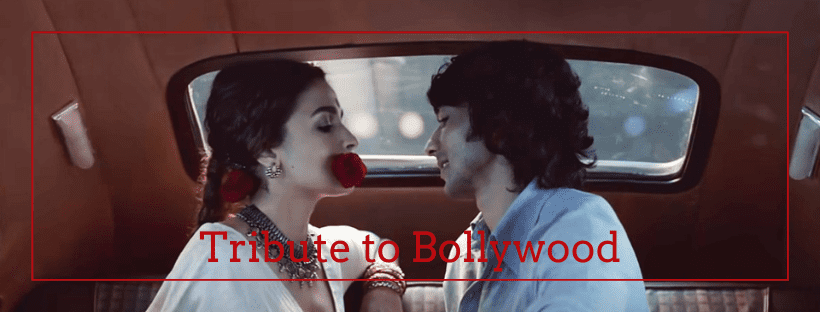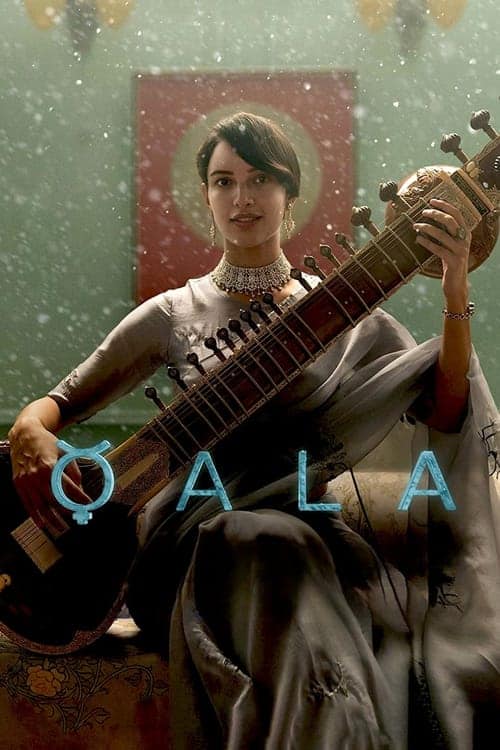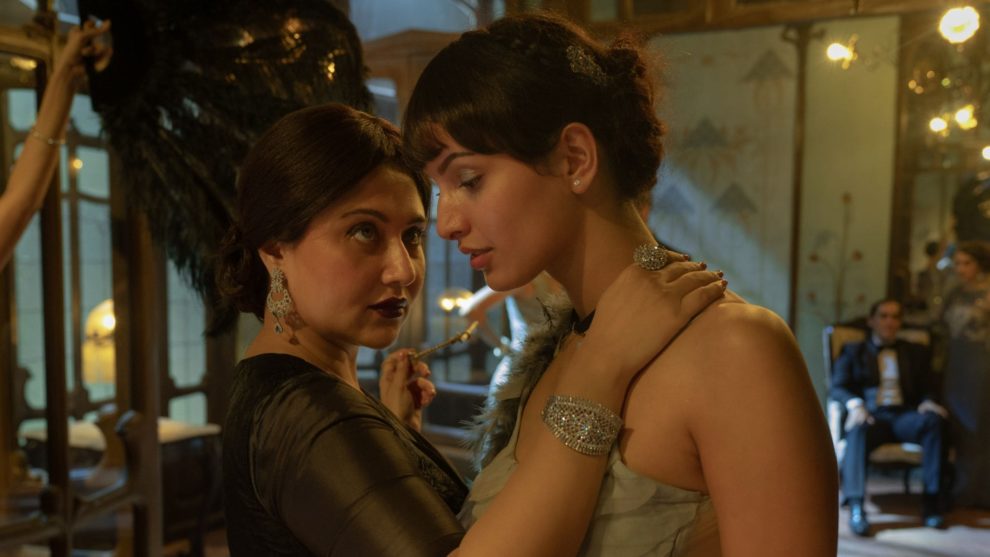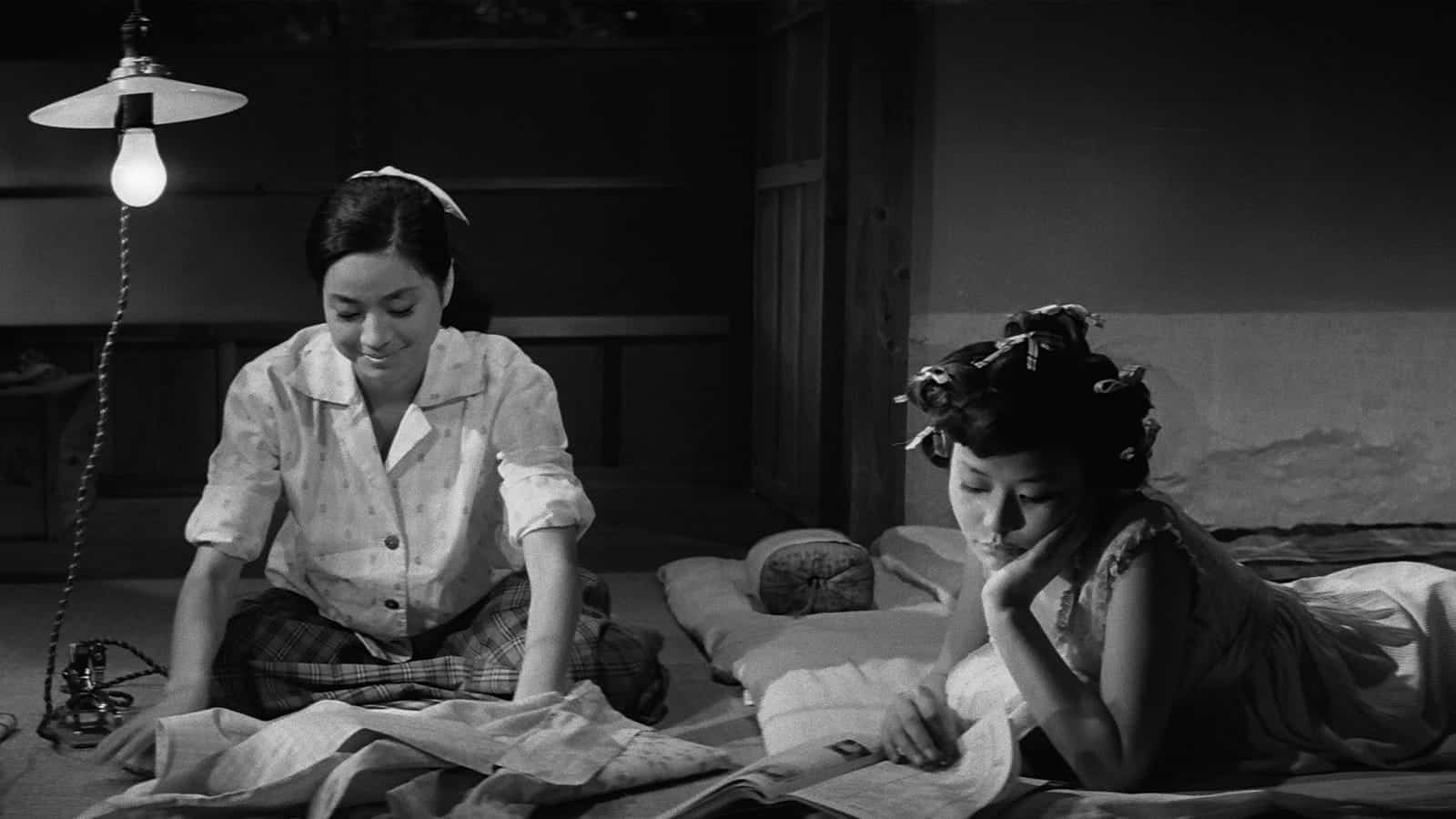By Isha Anand
Qala marks the second collaboration between Anvita Dutt, Tripti Dimri and Anushka Sharma's Clean Slate Filmz after “Bulbbul”. Both a melancholic social tragedy, while “Bulbbul” explores the themes of the sexual violence that wreaks horror in the lives of women, “Qala” sheds light on the plight of women in the Hindi music industry- predominantly a man's world. But there is more to this movie than what meets the eye. A visually striking film with moths, metaphors and music encapsulates the plummeting mental health of the titular woman

Set back and forth in Calcutta and exquisite snow-capped Himachal, “Qala” is the story of an aspiring singer who yearns for the affection and validation of her formidable mother Urmila (Swastika Mukherjee), a thumri singer past her prime. It starts with Qala receiving the “Golden Vinyl” for her exemplary voice and contribution to Hindi music. The rest of the film plays out in her head – of childhood memories and some deep dark secrets that are masked by her present day glam and glory. Her childhood is weighed down by her mother‘s expectations which rest heavily on her naive shoulders, as she wants Qala to be a maestro and leaves no chance to reprimand her for the tiniest of the mistakes. There is not even a single moment of endearment between the two. In one scene where Qala is unable to perform up to the mark in a riyaaz, she is rebuked and sent to spend the night in snow. It's difficult to see her as a mother, she seems like those wicked step-mothers from fairy tales and fables. As a result, Qala grows up to be a product of longing, envy and abandon.
The story oscillates between a myriad of themes. On one hand, it is about the fraught and abusive relationship between a mother and daughter, and then it transforms into an artist's quest for expression and agency, while also revealing the grime behind the glitz of the film industry.
The poignant and riveting screenplay reminded me of many excerpts from literature and cinema. The Macabre Moth that Qala imagines in the mirror reminded me of the dead moth from “A Death in the Gunj” used to showcase that some kind of tragedy is imminent. Her suffocation and deteriorating mental health reminded me of “The Bell Jar” by Sylvia Plath. Plath writes “Wherever I sat—on the deck of a ship or at a street café in Paris or Bangkok—I would be sitting under the same glass bell jar, stewing in my own sour air” which explains that no matter where she is, she is always inside the hell of her own mind. She is trapped inside herself, and no external stimulus, no matter how enticing, can help ameliorate this condition. The gradual descent into madness seen in the film stems from a similar suffocating isolation.
The shots are full of stylistic embellishments- every frame a painting, each sequence an imagery. The most brutal acts are staged in front of immaculate landscapes. The dollhouse, the shikaras and the bridges all seem surreal but evoke an uncanny sadness. The styling choices by Veera Kapur are also phenomenal. Qala only wears mercury coloured sarees. Mercury which has a huge role to play in the film is reflected through symbolism multiple times. Notice the letter Q in Qala in the film poster and the beginning of the film. While many may interpret it as the gender symbol for females it is actually the mercury sign in astronomy.

The angelic music by Amit Trivedi renders the most to the screenplay. While it's difficult to choose, the songs “Phero na Najariya” and “Rubaiyyan” have a special place in my heart. The song “Nirbhau Nirvair” written by Anvita herself, introduces us to Jagan (played by Babil Khan). Jagan is an earnest singer, both talented and diligent who immediately makes way into Urmila's heart who considers him as her child and soon replaces him with Qala. What unfolds is a saga of self destruction, resentment and insanity.
While the cast gives stellar performances, Varun Grover (Majrooh) who is almost playing himself, as a lyricist, in the movie is quite a revelation. He has fleeting appearances but delivers an unforgettable performance in one of the dialogues- “Daur badlega, daur ki ye purani aadat hai”( Time will change, it's an old trick of time). Majrooh is Qala's companion and confidant. They share a heart achingly beautiful bond. Tripti Dimri as a belligerent young Qala and as a disturbed adult plays both the roles effortlessly. Swastika is a brilliant casting choice but for me it's Babil Khan who steals the show. He has this organic charm about him that you just cannot refuse.
The movie pays homage to many artists like Majrooh Sultanpuri and Sant Kabir. It's impressive that “Udd Jayega”, originally sung by Pandit Kumar Gandharva was given a spin-off in the album.
What is baffling is how the issues explored in a film set in the 1930s do not seem to be of a bygone era. The discriminatory pay scale for women in the entertainment business, people using female as a prefix before a profession and casting couch are all pressing problems that persist and are intricately woven in the little moments of the screenplay.
“Qala” is slow yet meditative. You will not want to get out of it. With an unsettling aftertaste, it left me with a story that felt familiar with a syntax of gut wrenching beauty and unconventional horrors. You can stream it on Netflix.
















